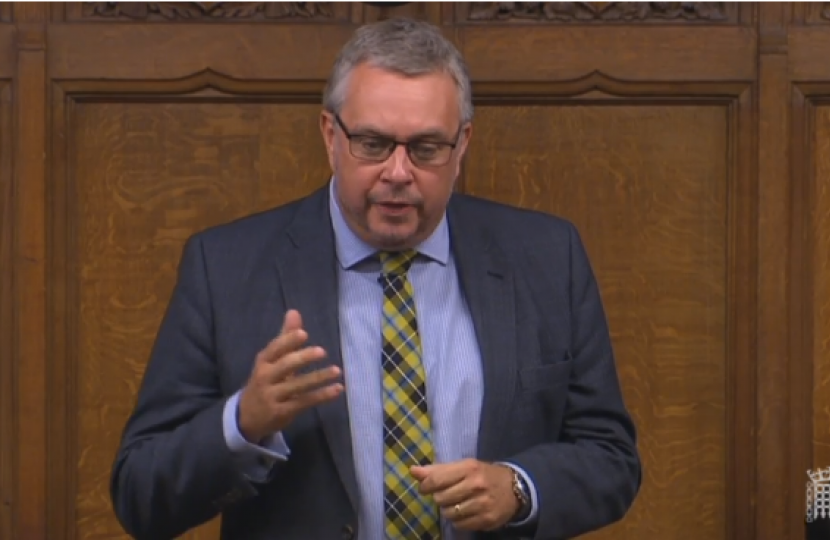
Schools in Mid-Cornwall are among 31 in rural areas across the country to benefit from a share in £200m rollout of full fibre broadband.
Last summer, the Government identified that approximately 10 per cent of UK premises, largely in rural and remote areas, would be unlikely to receive gigabit-capable connections commercially by 2033.
An “Outside In” approach is being taken to make sure rural areas are not disadvantaged in the race for full fibre broadband. This new approach will help ensure that the identified 10 per cent of premises are reached at the same time as the commercial roll out happens across the UK.
The Rural Gigabit Connectivity (RGC) programme, launched today, is the first step of this approach.
Commenting, Mid-Cornwall MP Steve Double said:
“Getting Mid-Cornwall better connected has always been a priority for me and something I have long pushed the government to deliver on since I was first elected in 2015.”
“I am pleased that the Government has listened and delivered on this improved connectivity for Mevagissey, St Mewan and Treverbyn Schools, which will be of enormous benefit to the pupils and staff there and then act as a stepping stone for their wider communities to get better connected.”
“In this increasingly digital world I am keen to do all I can to ensure Mid-Cornwall continues to benefit from initiatives like this in the future.”
RGC is a two year, £200 million UK-wide programme focused on rural areas. Government has initially prioritised sites in Cornwall, Cumbria, Northumberland and Pembrokeshire. Additional sites in Scotland, Northern Ireland, Wales and the rest of England will be announced in the coming months.
The RGC Programme will trial a model connecting local hubs in rural areas, starting with primary schools.
These new speeds will enable whole classes to simultaneously surf the internet on tablets as part of structured lessons, and gives schools easier access to online training and educational learning. Access to cloud services not only means savings as staff go paperless, but will also allow the decommissioning of the school’s local servers to reduce hardware, maintenance and IT support costs.
Other public buildings will then be added throughout the course of the programme, for example health sites and community halls.
The RGC programme also has a rural gigabit broadband voucher component, offering up to £3,500 for small businesses and up to £1,500 for residents. This will be offered to encourage greater take-up of gigabit-capable connectivity to residents and businesses in rural areas.
There will also be opportunities to explore other ways of rolling out gigabit capable connectivity in rural and hard-to-reach areas using the Outside in approach.
The funding for the scheme comes from the Government’s National Infrastructure Productivity Fund (NPIF). The NPIF is designed to bolster UK productivity, which is crucial to raising living standards. Through the NPIF, the government is investing in the vital infrastructure needed to make it easier for people to connect with others, and work remotely and flexibly.


